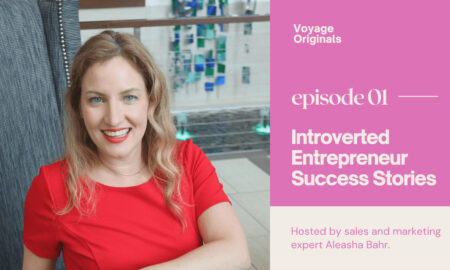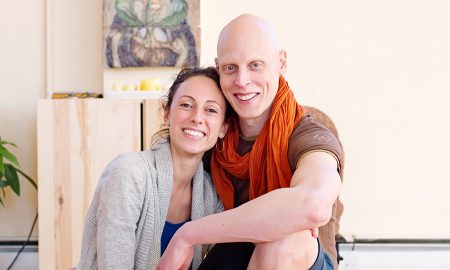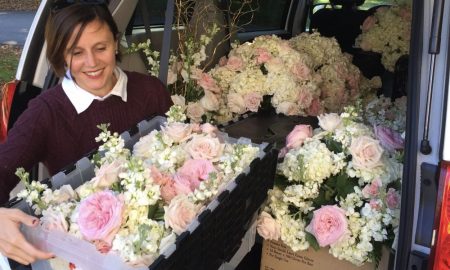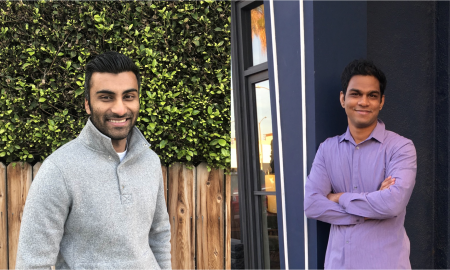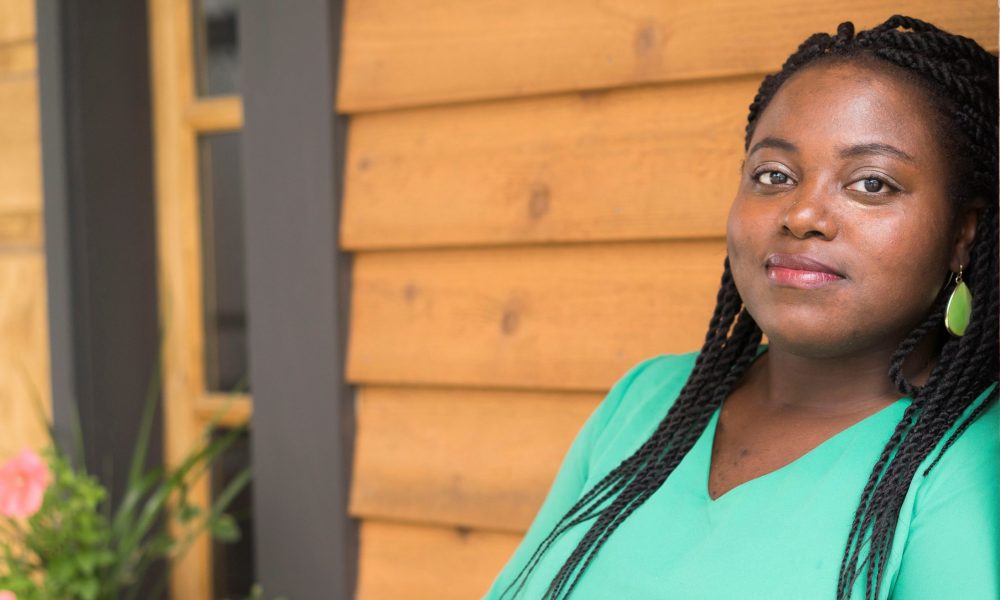

Today we’d like to introduce you to Allentza Michel.
Allentza, please share your story with us. How did you get to where you are today?
I grew up in Boston, at a particular time before terms like “equity” existed and “social justice” annoyed decision makers rather than drew them in. In particular, I grew up in Mattapan, a neighborhood of Boston with a rich history, one of the early places the settlers arrived, but more recently stigmatized by disinvestment and violence stemming from a history of segregation and redlining practices.
What I experienced growing up and witnessed is in large part how I ended up doing community work. First as a youth worker and a community organizer, and now as a policy advocate and urban planning professional. I’m also an artist and the majority of my projects are community involved.
Today I run my consultancy and in between I work with coalitions and think tanks, working on policy and research initiatives to satisfy my passion to serve my community and the world.
Overall, has it been relatively smooth? If not, what were some of the struggles along the way?
It’s never been a smooth road. As a black woman, I have had a hard time getting support and sourcing capital to fund our projects. Furthermore, because the root of our work is for social change, I have experienced a lot of backlash from people in positions of power, fellow community members and other haters who don’t take the time to understand what our work is about and why we think it is important.
But we just have to stay the course, learn from our mistakes and not get mired in the blame game like so many others. I have learned firsthand that one has to continue to show and give love always, or you lose your soul. But one also has to be more tempered and protective of oneself to continue to work in communities that is very emotionally challenging.
Powerful Pathways – what should we know? What do you guys do best? What sets you apart from the competition?
I (Allentza) started Powerful Pathways three and half years ago after working in the non-profit and public sectors in various dimensions of community development for 13 years and seeing the same challenges agencies faced when it came to trying to achieve robust community engagement and outside-of-the-box thinking to achieve social impact goals.
As an urban planner, researcher and an artist with a background in community organizing and youth work, I fused my passions together into the emerging field of civic design. Civic design is a social practice that engages the public in democratic processes through creative and data-informed activities. We like to call them “civic hacks” because the events and projects are focused on disrupting and innovating for social change.
In our case, we do this through placemaking (using art as a means to facilitate community development), community planning (facilitating processes that determine land use and incorporating creative media and technology whenever possible), all while working with a social justice and equity lens. As such, we prioritize communities that have been historically marginalized.
If you had to start over, what would you have done differently?
I would have been more careful of who I trusted. It’s not a bad thing to trust people, and in fact, one has to have in trust others to do social impact work. But I also learned that in order to protect my brand, you have to be more strategic and do more research before engaging in a partnership.
A mentor of mine also gave great advice about making sure that every project you or every gig you take, do it because people value your worth; not you trying to get them to see your value.
Contact Info:
- Website: www.PowerfulPathways.org
- Email: powerfulpathwaysboston@gmail.com
- Facebook: www.facebook.com/PowerfulPathwaysBoston
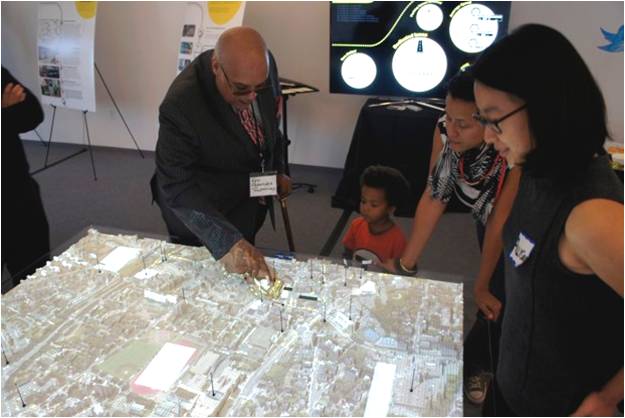
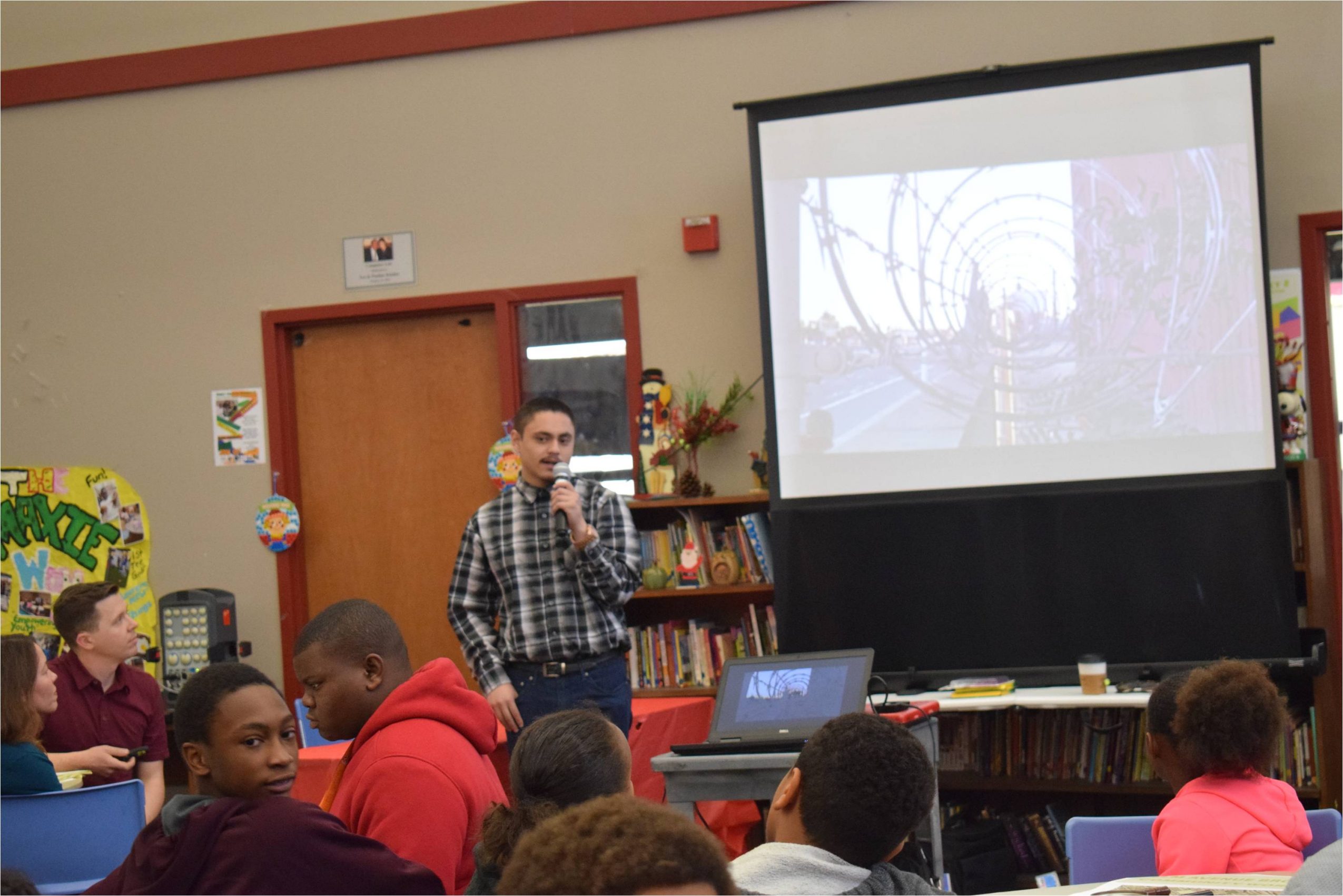

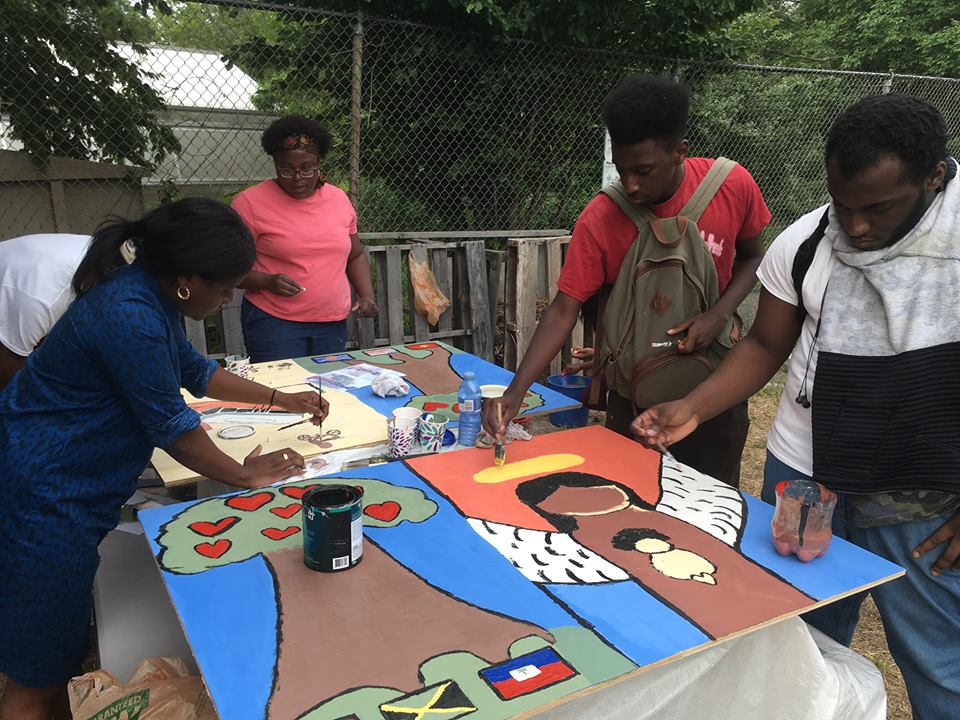
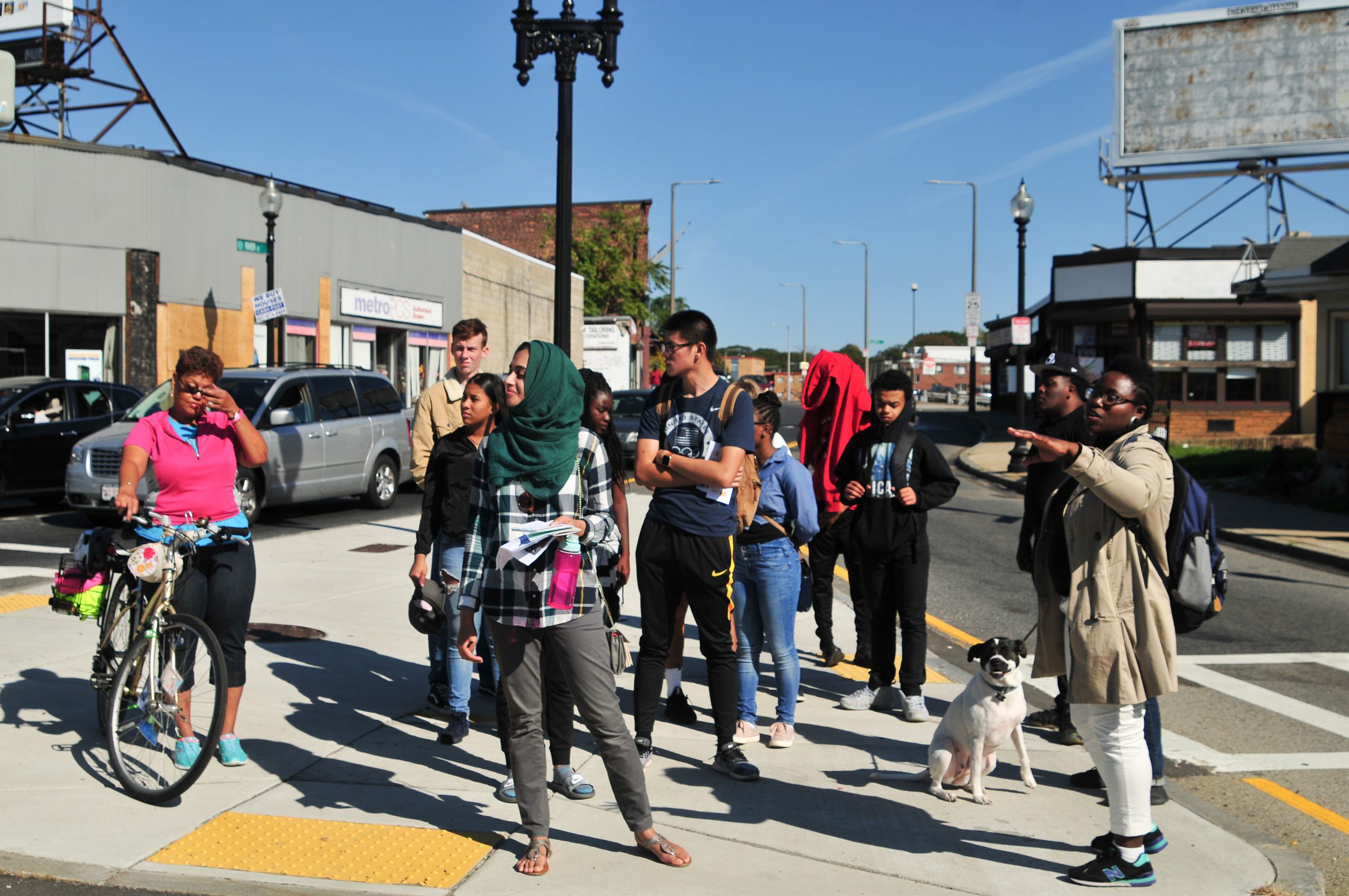
Getting in touch: BostonVoyager is built on recommendations from the community; it’s how we uncover hidden gems, so if you know someone who deserves recognition please let us know here.









